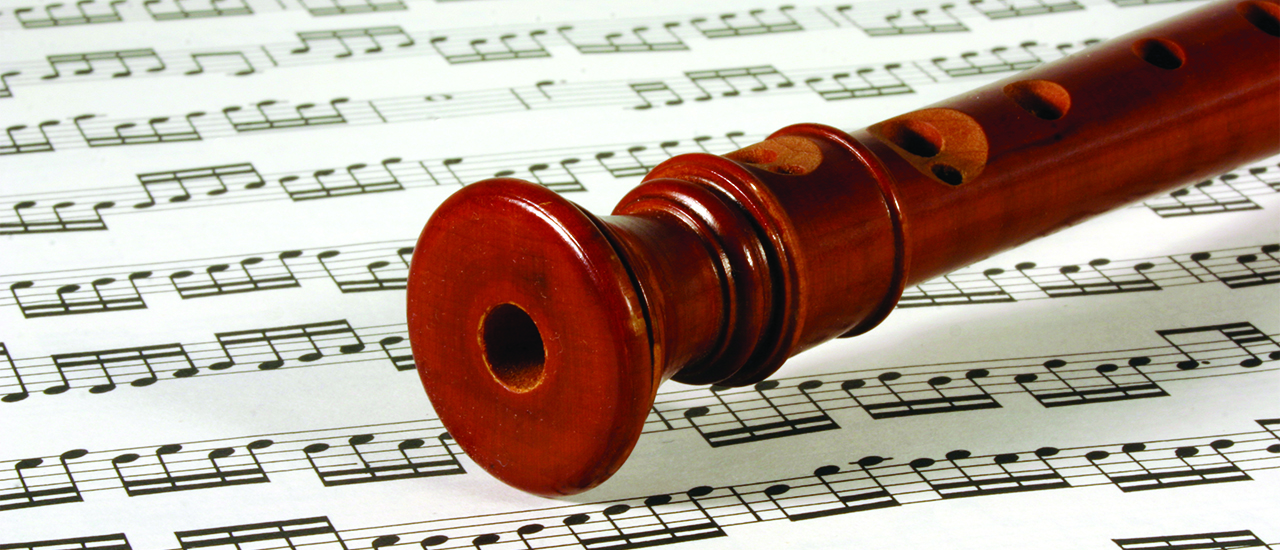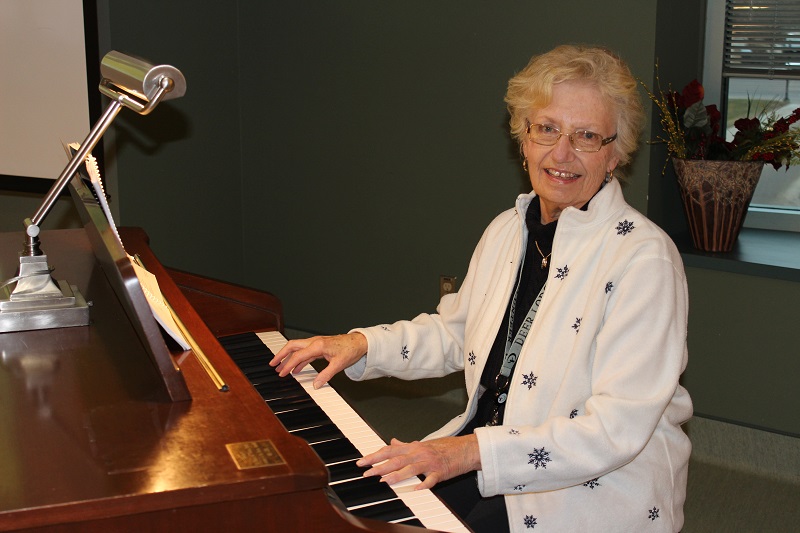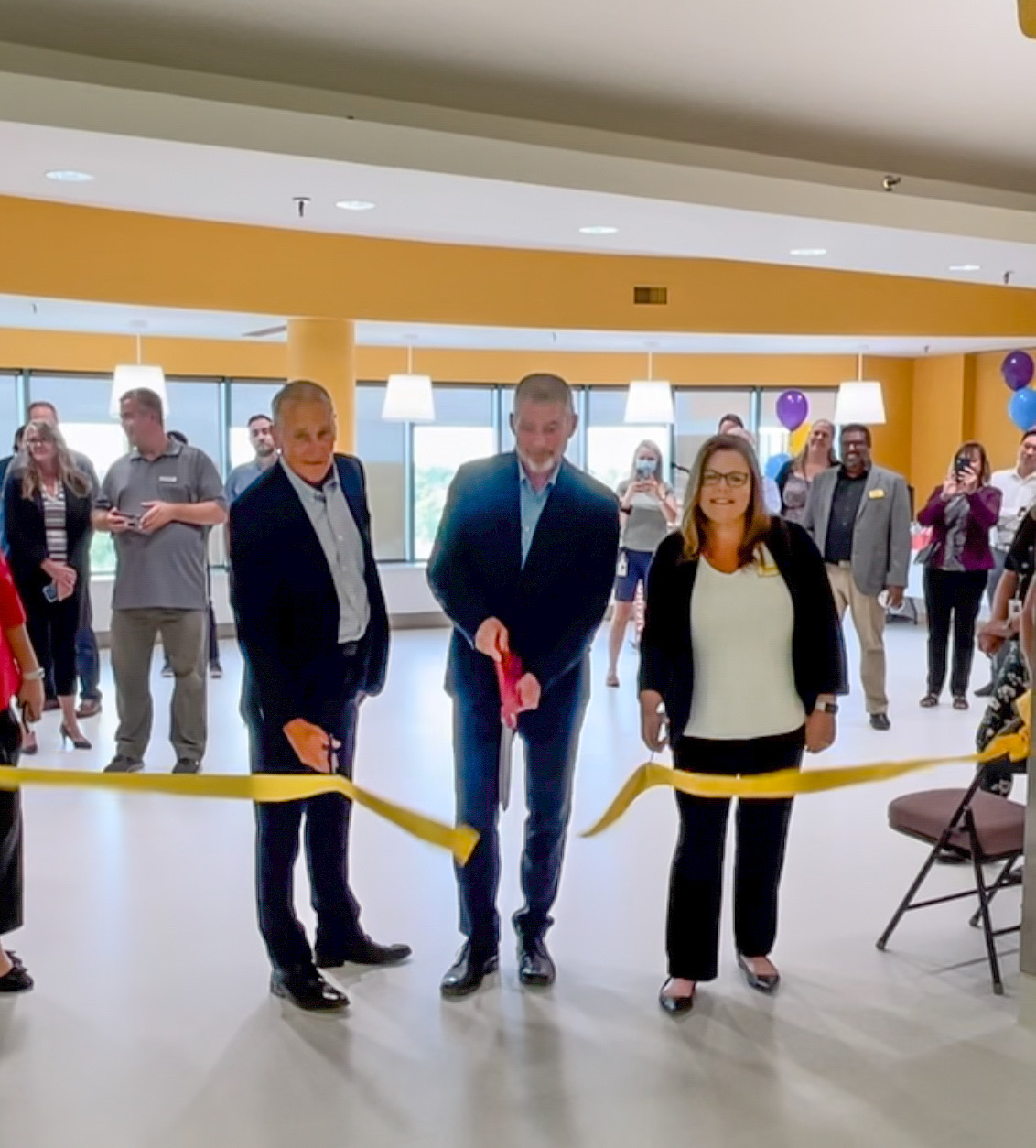
“Anybody can learn how to play their own music, any way they can,” says music teacher Michael Cobus.
By Shawna Culleton
Music teacher Michael Cobus offers a gentle challenge to his older adult students when they hesitate over learning a particularly difficult composition: “If not now, then when?”
Cobus has been teaching the recorder to mostly older adult students for over a decade at the Manitoba Conservatory of Music and Arts, located at the University of Winnipeg. He first took up the instrument in his forties. The quick learning curve, the quality of a cheap instrument, not to mention its portability and suitability for apartment living, have all helped make the recorder the instrument of choice among older adult learners.
“Anyone can play a tune on the recorder because it’s just a matter of covering the hole with your finger,” explains Cobus. “It’s essentially a wooden whistle. There’s this simplicity to it that allows you to get into playing something relatively sooner than, say, a violin, where you’ve got to make all those horrible noises while you learn to find the pitch.”
For adult learners, lessons are a process composed by student and teacher. Adult learners collaborate with their instructors by selecting the music they want to play, directing the course of their learning, and setting their own goals.
“I ask them explicitly, What do you want to do? What kind of music do you want to play? Do you want to play popular music? Baroque? Mozart? It doesn’t matter if Mozart didn’t write anything for the recorder. I can adapt a piece of his music to fit their needs.”
If the phrase “music lessons” conjures visions of spending hours in drills and trying to achieve impossible postures and hand formations, let me assure you, today’s high quality learning for adults abandons most of these principals. Posture, form, breath and range are all adapted to your needs, and music teachers who work with older learners are adept at making these changes interesting, challenging, and (importantly) seem like natural parts of the music.
“Older students sometimes have arthritis in their hands, or other issues that mean they can’t work as fast or as fluently, so we adapt,” says Cobus. “My philosophy is: we can always find a way to play music you really want to play.”
If your lungs don’t have the capacity to produce long phrases through a wind instrument, or your hands can no longer fly across piano keys, don’t worry. The trick is to find the right music teacher (hint: lessons are social, so choose someone you like to spend time with). Then decide how you like to express yourself musically, and trust your teacher to guide you to your goals.
“Music is a very human, technical, and emotional way of speaking to the world,” says Cobus. “It can shape itself to fit into any light. Anybody can learn how to play their own music, any way they can.”
Recent News

Winnipeg Jets Parkinson’s Disease Awareness Game!

Volunteer Profile: Carole Grier

